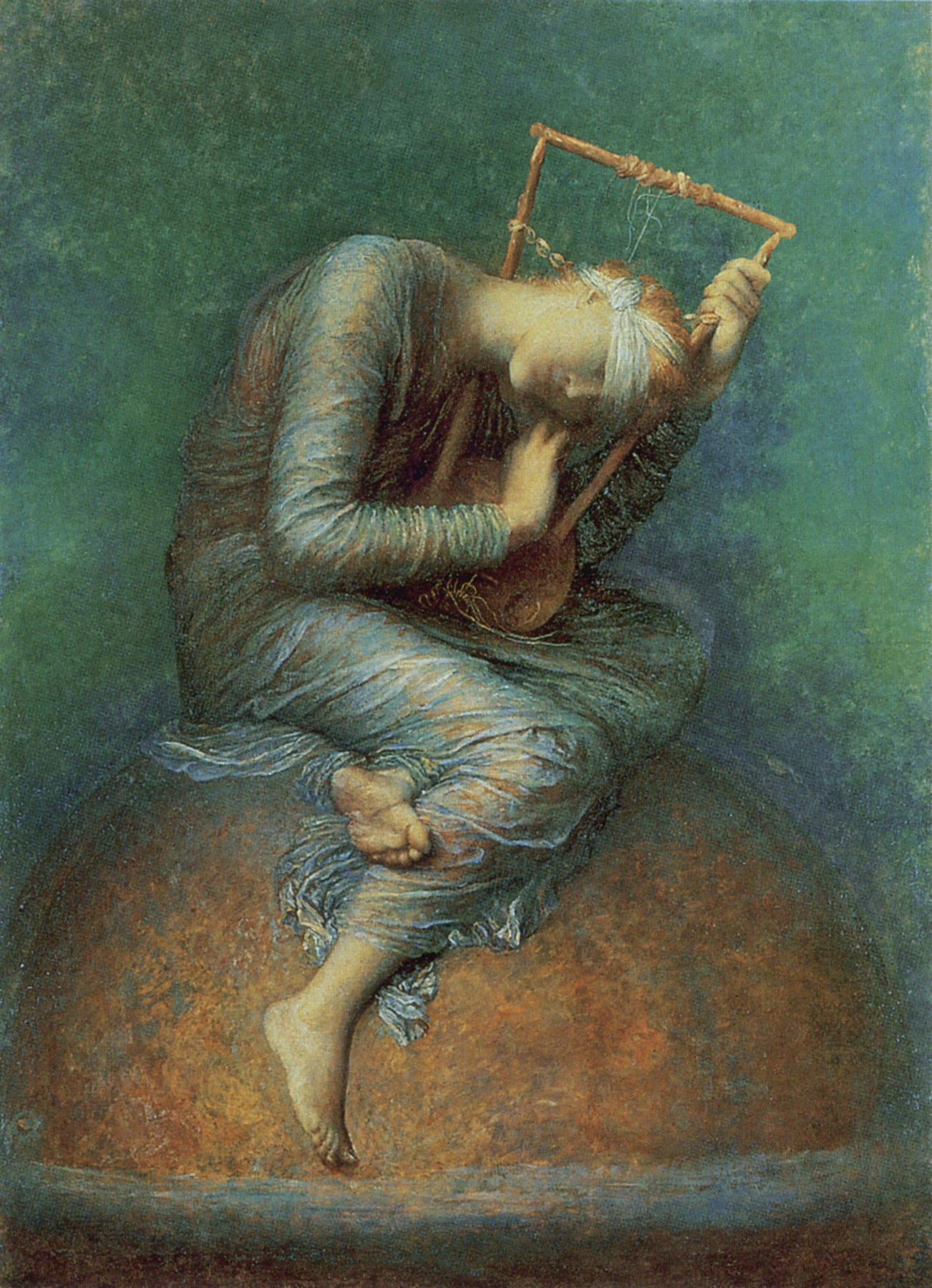First Look at the Default Culture
America has a serious culture problem. I am writing this statement as a 34-year-old Millenial. Behind me is Gen X; a generation that has, by and large, been skipped over. You look at the world of politics, business leadership, tech and entrepreneurship, and you mostly see Baby Boomers clinging to power or Millennials gaining ground.
Ahead of me is Gen Z; the first generation to be truly raised on screens and social media. It’s become common to see even toddlers now with noise-canceling headphones and an iPad in front of them at restaurants. You can already see in real time the social quirks this style of upbringing is creating, as well as the related decline in Gen Z’s sense of community and connection. A perfect example of this comes from the teenager who watched Clueless and—upon getting to the house party scene—asked the internet: “Were parties like this ever a thing??”
And I am a Millenial. The ‘failure to launch’ generation. Best known for being mentally untough, too fond of valorizing our own helplessness and inability to do basic things. Millennials invented both the word and the concept of ‘adulting.’ (We must take ownership of this fault. Sorry everyone.)
All three of these generations suffer from physical and mental health issues at higher rates than any other generation in human history. We have never had more depression and anxiety than we do now. We have never had more obesity than we do now.
These generations grew up in radically different technological environments: Gen X was raised on TV, cartoons, and phonelines, Millennials had internet-free childhoods with internet-heavy teenage years, and Gen Z was immersed in the internet from day one. But what do they have in common? Each was raised in the Default Culture.1
The Default Culture can be thought of as the set of values and cultural norms, aspirations, and taboos in the American mainstream. Our notions about what we should value, what will make us happy, and how we should relate to each other largely come from this culture and the way it is perpetuated through the education system, advertisements, and popular media.
Alas. For the Default Culture is a culture that is continually failing its constituents. People are not being equipped with the right skills and values for navigating life. For instance, we were all taught that our professional work is the most important thing in life, that “having a career” is more important than “having a family.” Men and women were taught to be suspicious—resentful, even—of each other and themselves. We were taught that Having The Right Beliefs and asking someone or something powerful (like The Government) to intervene on our behalf is how we make the world a better place instead of, you know, actually taking our own actions.
These are all lies, rooted in that eternally dangerous combination of “good intentions, bad ideas.” The end result? Multiple successive generations that are increasingly unhappy, disenchanted, disaffected, and disempowered. Victims of their own mindset.
My goal in writing about the Default Culture and using this framing is simple: change lives by changing how people relate to the culture they were raised in. If you or someone you care about feels depressed, alienated, lost, confused, or unhappy in life, my writing might be for you. I will try to identify the patterns of cultural failure and widely-accepted falsehoods that are not serving us well so that we can each re-evaluate and, as needed, re-negotiate our relationship with the Default Culture.
Culture is hard to change. Many powerful institutions and coalitions are deeply invested in the culture being the way it is. Trying to change it directly is like trying to push a breaking wave back into the ocean with your bare hands.
But each of us also has our own personal relationship with the Default Culture. If we become more aware of the ways it is not helping us live good lives, that will unlock shifts. Shifts leading to realignment, and realignments leading to new, healthier relationships between yourself, the people around you, and the world.
So maybe we can’t change the culture. But as individuals, we can always reject falsehoods and orient towards life, towards beauty, towards all good things.
It just requires us to stop sacrificing truth on the altar of convenience.
I’ve already touched on this theme in some of my Postcards and previous writings, but THE DEFAULT CULTURE is now my main focus.
In the months ahead, we will explore in depth the various threads at play here—looking at the real-world effects of the Default Culture (on topics like sex, gender, work, virtues, happiness) as well as the mechanisms through which the Default Culture is transmitted to people (like advertisements, education, media).
I wish to close simply by sharing that I’m delighted to be working on this topic, which is both deeply personal and deeply meaningful to me. FULL STEAM AHEAD!
Please note that I don’t mean to claim that Gen X, Millennials, and Gen Z all grew up in EXACTLY identical cultures—only that there is significant cultural overlap between these generations in a number of key areas, to the point where one can notice meaningful patterns.




excited to read what you have to say about this.
Would also be interested in collaborating, if you're open to it.